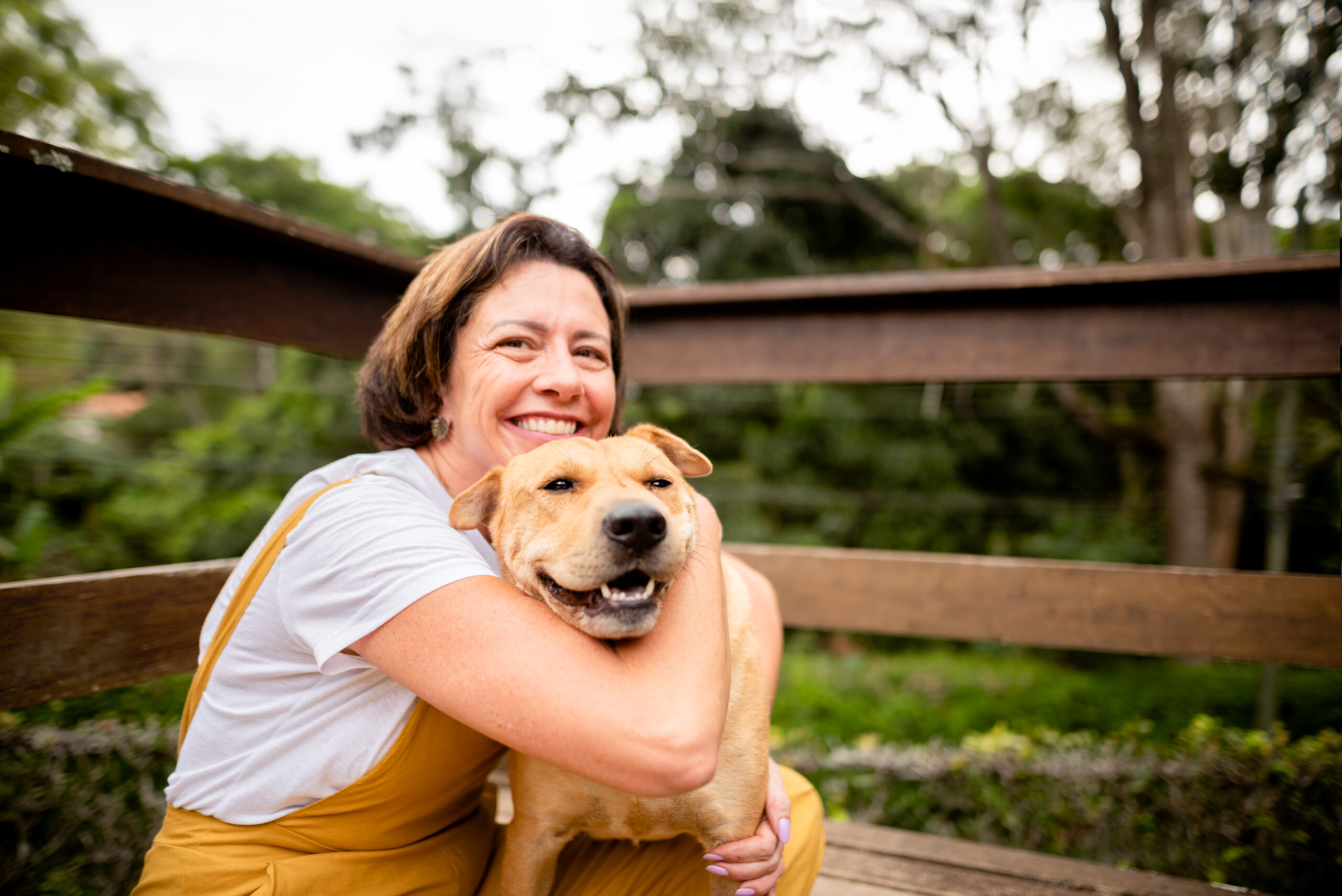These programs typically run five to seven days a week for several hours each day, combining medical oversight with therapeutic interventions in a safe and supportive environment.
Unlike inpatient care, which involves living at a facility, PHP allows participants to return home in the evenings. This structure supports individuals who are medically stable yet still require intensive therapeutic engagement.
Many individuals struggling with opioid addiction face significant barriers to treatment, including:
In this context, the partial hospitalization program for opioid addiction stands out as an accessible treatment model that supports recovery without requiring complete separation from daily life.
Know that, if you or a loved one is struggling with opioid misuse—you don’t have to go through it alone. At Pacific Crest Trail Detox, we’re here to walk alongside you on your road to recovery, helping you achieve sobriety, fulfillment, and a sustainable path forward.
Below are some of the individuals who may benefit most from participating in a partial hospitalization program for opioid addiction recovery:
A partial hospitalization program for opioid addiction provides a seamless continuation of care after detox.
While inpatient detox focuses on physical stabilization, PHP extends that support by addressing the root causes of opioid use, such as:
PHP also helps individuals build essential recovery skills in a structured setting. This prevents the sudden drop in support that often follows discharge from detox services.
One of the key goals of a partial hospitalization program for opioid addiction is to identify and address the core triggers behind relapse, such as:
With consistent therapeutic support, participants gain practical relapse prevention skills that are personalized to their needs and challenges.
Home environments can significantly influence recovery outcomes. Maintaining sobriety can feel nearly impossible for individuals living in places where:
A partial hospitalization program for opioid addiction creates a controlled, therapeutic space that minimizes exposure to these destabilizing influences. This helps participants stabilize emotionally and mentally, gradually developing the tools needed to navigate life outside the treatment setting.
The right PHP will include several key components that work together to support individuals in their healing journey.
Below are some of the most common medications used in the partial hospitalization program for opioid addiction:
What sets buprenorphine apart is its ceiling effect, where increasing the dose beyond a certain point has no added effect. This significantly lowers the risk of overdose and makes it less prone to misuse.
Naltrexone comes in both an oral formulation and an extended-release injectable form. The injectable option provides a once-monthly dose, so patients do not have to take it every day.
Here are the key therapeutic modalities we incorporate into our partial hospitalization program for opioid addiction recovery:
People struggling with opioid addiction often carry deeply ingrained beliefs that fuel feelings of shame and hopelessness.
Through cognitive behavioral therapy, or CBT, individuals will learn to identify these cognitive distortions and replace them with more balanced perspectives, supporting healthier decision-making.
In the context of PHP, CBT sessions are conducted daily and often involve:
Over time, this hands-on approach fosters lasting change and greater resilience in the face of everyday challenges.
For many individuals, addiction is tied to overwhelming emotions and impulsive behaviors. Dialectical behavioral therapy, or DBT, enables clients to confront them by promoting self-acceptance and intentional change. Instead of avoiding emotions, the therapy teaches clients to pause, reflect, and respond with purpose.
Through guided sessions, individuals begin to build:
With time and practice, DBT helps create a solid emotional foundation that supports lasting recovery.
Common sources of trauma include:
Recognizing and addressing these root causes is a critical step in supporting long-term recovery.
At PCTD, we’re here to help you heal from the root of your challenges—not just treat the overarching symptoms.
At Pacific Crest Trail Detox, the partial hospitalization program for opioid addiction is firmly grounded in trauma-informed care. Our therapists work collaboratively with clients to process traumatic memories at a pace that feels manageable and supported.
The focus is not just on managing symptoms but on understanding how trauma has shaped responses to stress and substance use. This helps participants develop healthier ways of relating to themselves and the world around them.
Motivational interviewing, or MI, is an approach built on empathy, collaboration, and the belief that lasting change comes from within. It is particularly valuable for individuals who are uncertain about their ability to recover.
At PCTD, MI is used to help participants explore their ambivalence in a nonjudgmental space. Rather than pressuring individuals to change, the therapy encourages them to:
The process helps increase intrinsic motivation while reinforcing a sense of agency and self-efficacy.
MI complements other therapies by laying the emotional groundwork for engagement, honesty, and commitment throughout treatment. Through reflective listening and guided conversations, clinicians help participants clarify their goals and build momentum toward change.
During these sessions, our clients engage in discussions that explore common recovery challenges, such as:
Regular sessions of group therapy reduce the isolation that often accompanies addiction by normalizing the recovery experience and encouraging honest reflection.
Sharing space with others on a similar path also helps participants:
As trust builds within the group, participants gain confidence in expressing themselves and supporting others.
Our clinicians work with families to reframe addiction as a long-term, treatable illness. This shift in understanding helps reduce blame and opens the door to more supportive, healing interactions.
Below are some of the most common approaches that we utilize in our programs:
Meditation is a gentle but transformative practice that supports emotional healing during recovery.
Individuals entering treatment often struggle with:
Meditation helps to slow that mental noise and create a sense of internal safety.
Guided meditation sessions utilize a range of techniques to promote recovery. These usually include methods such as:
With regular practice, these techniques can be helpful in lowering anxiety and improving sleep quality.
At PCTD, our partial hospitalization program for opioid addiction incorporates a variety of stress-management techniques to help calm the nervous system and reduce emotional overwhelm.
These practices can include:
These strategies are easy to integrate into daily life and provide lasting support both during and after treatment.
Art therapy provides a nonverbal avenue for healing within the partial hospitalization program for opioid addiction.
Art therapy supports healing by fostering creativity and reflection. Common activities include:
These artistic practices help individuals explore their inner world and express emotions that words often fail to capture.
Outdoor adventure therapy brings clients out of the traditional treatment setting and into dynamic, real-world experiences where healing can happen through:
Outdoor sessions might involve guided hikes, team-building challenges, backpacking, or camping. These experiences help participants reconnect with their bodies, push beyond perceived limits, and reclaim a sense of control and confidence.
At PCTD, the process of entering a partial hospitalization program for opioid addiction is designed to be welcoming, informative, and free of unnecessary barriers.
Below are the key steps involved in getting started with our PHP:
The first step in accessing care begins with a confidential conversation. Whether the inquiry comes directly from someone seeking treatment or a concerned loved one, we provide an immediate opportunity to connect with an admissions specialist.
This initial discussion focuses on:
This conversation is also the time to address practical matters such as insurance coverage, program logistics, and timelines. Our admission teams ensure that no question is left unanswered, offering both guidance and reassurance in what can often be a vulnerable moment.
Once initial contact has been established, the next step is a comprehensive clinical assessment.
This evaluation is conducted by a qualified healthcare professional who gathers essential information about:
The purpose of this assessment is not just to determine eligibility for the PHP, but to begin forming the foundation of a truly individualized treatment plan.
Before joining the partial hospitalization program for opioid addiction at PCTD, each participant receives a comprehensive orientation to help ease the transition into care.
Key elements of orientation include:
Our goal is to create a sense of safety and belonging from the very beginning, so participants feel prepared, welcomed, and ready to begin their recovery journey.
Once the orientation process is complete, individuals are officially admitted into the partial hospitalization program for opioid addiction and begin their first day of treatment.
From the very first session, participants are introduced to their care team, including:
Throughout the initial days of the program, the treatment team remains attentive to any adjustments needed in the care plan. This helps us ensure that each individual is receiving the right interventions at the right pace.
Entering a PHP for opioid addiction is a powerful first step, but lasting recovery requires thoughtful planning and follow-through. At PCTD, we begin looking ahead from the very start.
Our team works closely with each individual to map out next steps after PHP, which may involve:
By planning early, we help ensure the transition out of PHP is smooth and rooted in continued care.
Whether you’re stepping down from a higher level of care or starting with PHP as your first step, our team is here to help you navigate your journey.






